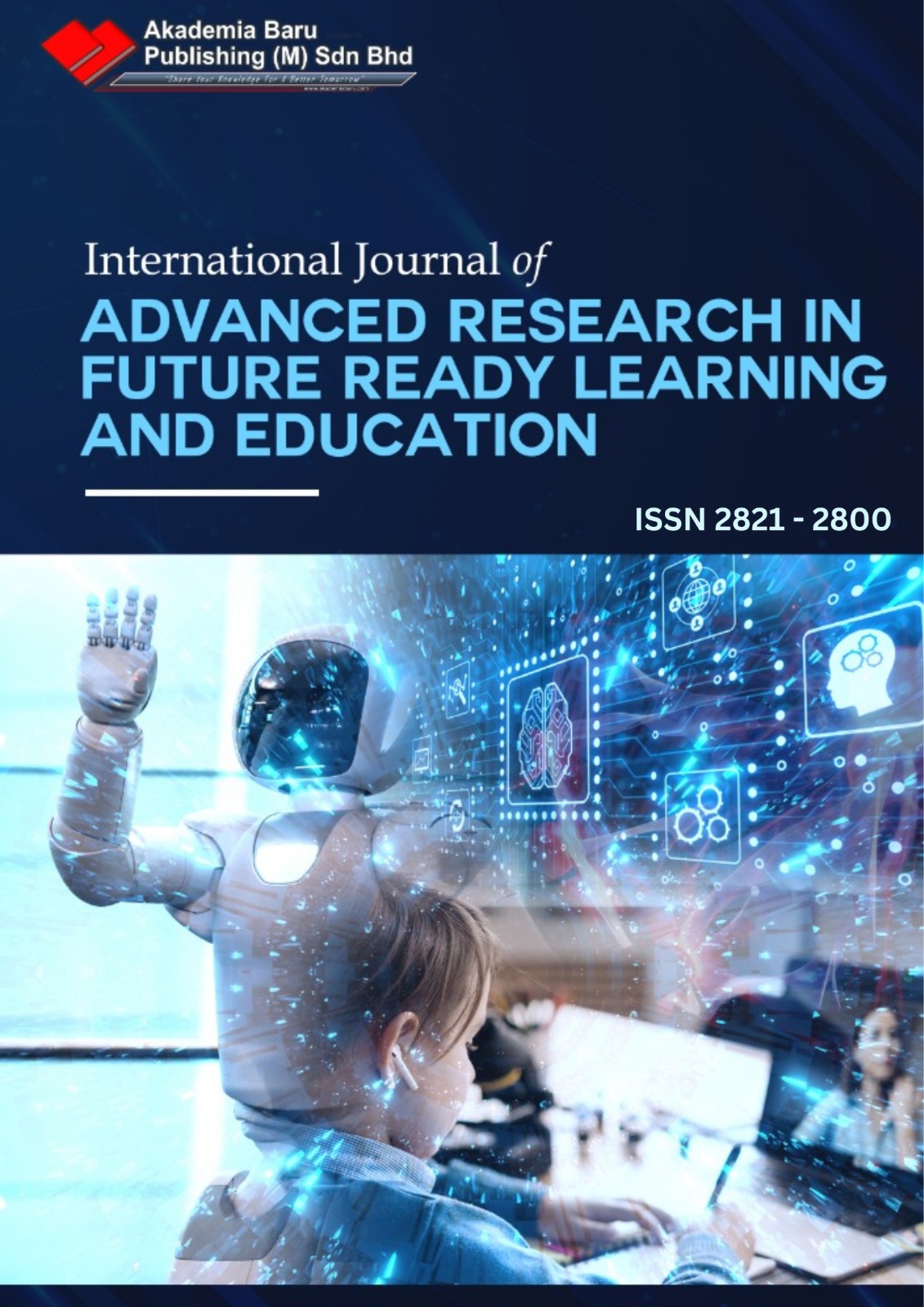The Effect of the Virtual Laboratory Method on the Conceptual Understanding of Thermal Physics among Undergraduates
DOI:
https://doi.org/10.37934/frle.34.1.124130Keywords:
Conceptual understanding, thermal physics, virtual laboratory, conventional laboratoryAbstract
Access to adequate resources in the form of physical laboratory facilities and consumables has continually been a major challenge to the success of students in physics, especially in developing countries This study was carried out to investigate the effect of the virtual laboratory on the conceptual understanding of thermal physics among undergraduates. To achieve this, three research questions and one hypothesis were raised. The quasi-experimental design using the pretest-posttest control group design was employed in the study. The sample size for this study was made up of 120 first-year undergraduate students selected based on a multistage sampling technique from students in the faculties of education, science, and engineering, who registered for the thermal physics (Phy 104) course in Nigeria. The Thermal Concept Questionnaire (TCQ) was adopted as the research instrument for the study. The data were analyzed using the SPSS package. Findings emanating from the study showed that the mean scores of students taught with virtual laboratory were higher than those taught with the conventional laboratory method. However, there was no significant difference in the mean scores. The virtual laboratory method could be recommended as a suitable alternative to the conventional laboratory method.














